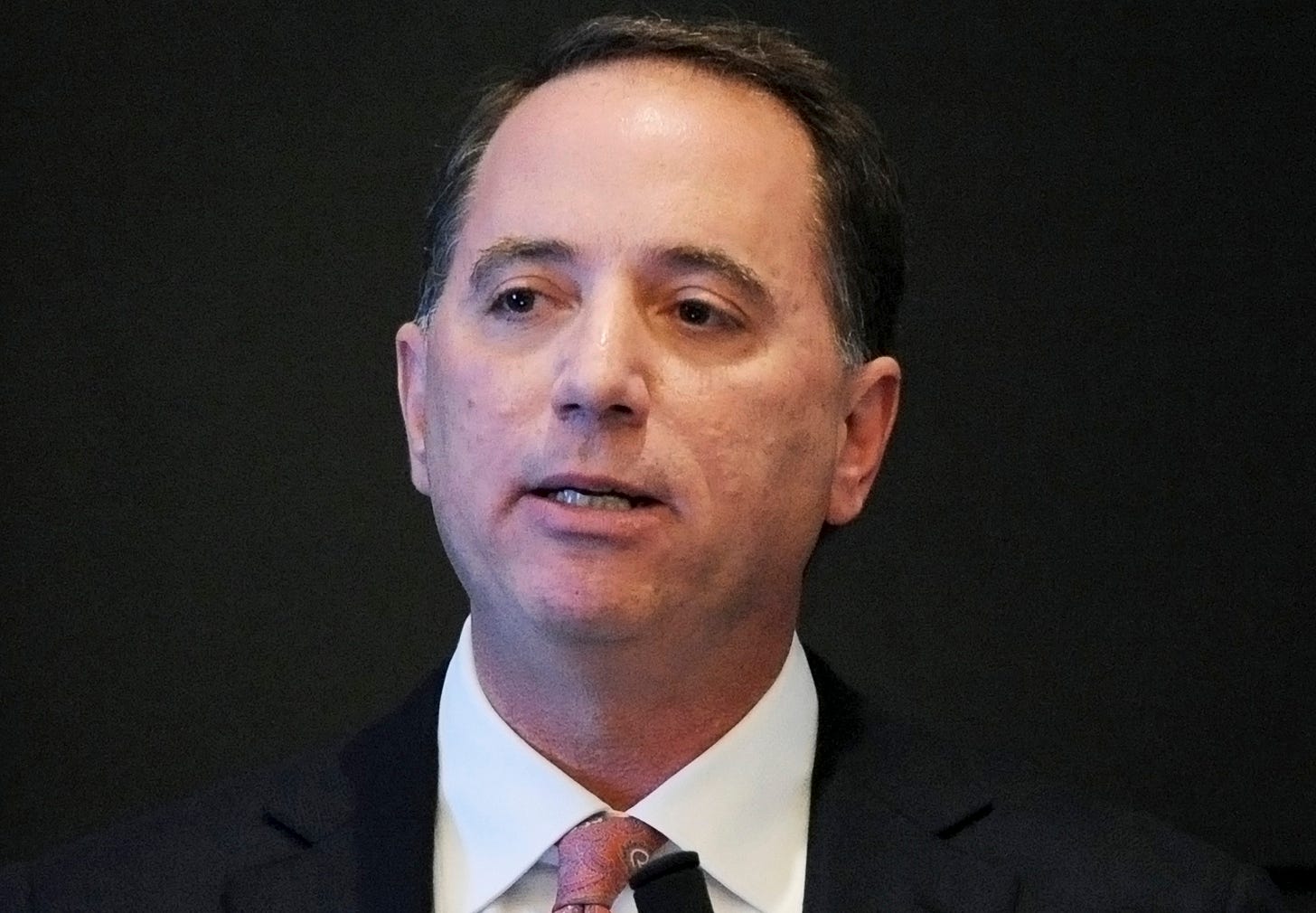How a Trusting Person is Perceived
Trust attracts, distrust repels. Here's what trust communicates to others, whether we realize it or not.
Most people wanted to be trusted and want to trust. Even those who struggle to extend it, due to trauma or their world view, would prefer to trust.
We may not always think about it yet those who prove themselves trustworthy are sending a message into their interactions.
“If you have a good reputation then people can trust you and they can trust you to engage in reciprocally productive interactions with them,” says Jordan B. Peterson, a clinical psychologist, professor, author and strong social media presence. “They can trust you to take into account their interests as well as your own and to play stable, voluntary, desirable, medium-to-long term games.”
People want to know that if they extend trust — which is gold in their mind — to us that we will not betray it, that we will act in kind towards them, that we will respect what is important to them in addition to trying to get our needs — and wants — met.
To earn trust we must somehow communicate with our words and actions that we are good bets to be trusted. To maintain that trust, we have to focus on consistently confirming that belief in us with our words and deeds.
Peterson warns that certain people know exactly how valuable and persuasive trust building can be and they, as he says, “try to game the reputation system, and that’s what narcissists do and Machiavellians and psychopaths.”
Yes, there are bad actors and bad actresses, figuratively speaking, in the world who do as Peterson says, they exploit trust for their selfish good.
They get found out but usually just move on to the next victim or if they have created a strong power imbalance and psychological stronghold on someone, they keep extracting benefits even if trust is sketchy or absent.
Trust is critically important yet some humans can play fast and loose with it. Most eventually come to regret it and are shocked at what they lose and now must endure moving forward.
“Every firm in our industry has seen an incredibly successful person reduced to uncontrollable tears knowing that they made a mistake that will cost them everything they worked so hard to achieve,” says Rich Handler, CEO at Jeffries Group, a bank and financial services company.
“Everything in life is fragile,” he points out, “especially trust. Never forget that.”
Trust: fragile.
“Never forget that,” Handler offers as advisory and a reminder.
Michael Toebe writes “Reputation Notes” and is the founder and specialist at Reputation Quality, a practice that serves and assists successful people and organizations in further building reputation as an asset and responsibly, ethically protecting, restoring or reconstructing it.
Subscribe for free or if you prefer, choose a paid subscription for “extra,” whichever is more appealing to you.
Want your services or products to be seen in Reputation Notes or discuss a partnership? Let’s talk about it to see how you can benefit.
$475 for an ad for two issues of the newsletter. Links to your About page, landing page or home page are $250 (one issue of the newsletter).
Contact me (Michael) at Reputation.Notes@gmail.com and you and I can talk about your objectives and value offering and create an impressive visual ad and message to prominently, impressively display in the newsletter for a month at a time, or longer.




